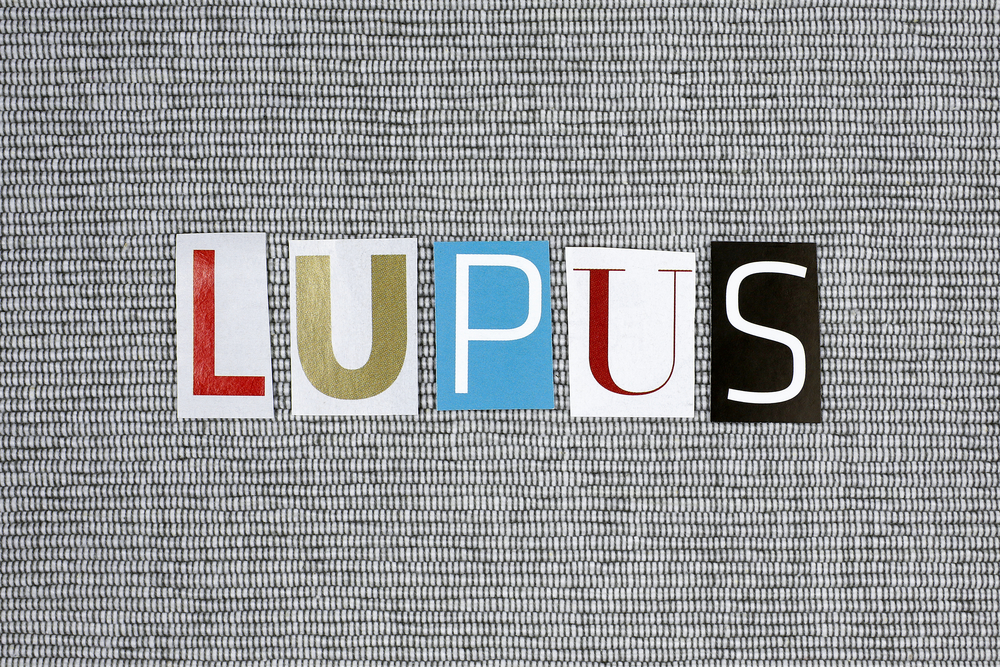Voclosporin Meets 48-Week Remission Endpoints in Phase 2b Trial for Lupus Nephritis
Written by |

Voclosporin has met complete and partial remission endpoints in a clinical trial in patients with lupus nephritis (LN), said Canada’s Aurinia Pharmaceuticals.
AURA-LV was a randomized, controlled double-blind Phase 2b clinical trial (NCT02141672) that compared the efficacy and safety of voclosporin with placebo in achieving remission in patients with LN, one of the most severe complications of systemic lupus erythematosus.
“The current treatments of LN are toxic, and the complete renal response rates are unacceptably low,” Brad Rovin, MD, FASN, director of nephrology at Ohio State University’s Wexner Medical Center, said in a press release. “For the last several years, the community of lupus researchers in collaboration with the pharmaceutical industry have been engaged in finding more effective therapies for LN, but success has been difficult to achieve.”
The AURA-LV trial enrolled 265 patients who were randomly assigned to treatment with either 23.7 mg or 39.5 mg of voclosporin twice daily, or placebo. The experimental treatment was given as an add-on to the standard care with CellCept (mycophenolate mofetil, MMF) and steroids at a dose of 5 mg/day by week 8, and 2.5 mg by week 16.
Following data reported at 24 weeks in November 2016, and now, after 48 weeks of treatment, researchers revealed that 48 percent of patients in the low-dose group and 40 percent of those in the high-dose group achieved complete remission, compared to 24 percent in the placebo group. This makes the odds ratio of remission in the low-dose group twice as high as those on placebo.
Both voclosporin doses were also better than placebo in achieving partial remission. At 48 weeks, 70 percent of patients in the low-dose group and 66 percent of those in the high-dose group achieved remission, compared to 49 percent in the placebo group. These results mean that adding voclosporin to standard of care treatment is better than standard of care alone.
“These data are not only statistically significant, but clinically important,” said Rovin. ” Twice as many patients given 23.7mg voclosporin twice daily achieved a complete renal response compared to those treated with placebo. This is an impressive renal response rate and these results may shift the treatment paradigm of LN. Based on these encouraging data, I am looking forward to the Phase III trial of voclosporin in LN.”
Researchers reported no adverse reactions with voclosporin treatment. However, in the control group, three patients died and one had a malignancy after the end of the trial treatment period.
Aurinia will present further 48-week data from the clinical trial at upcoming medical meetings. Voclosporin, an immunosuppressant, received Fast Track Designation by the U.S. Food and Drug Administration in March 2016.
“Voclosporin is the first and only treatment candidate that has demonstrated such a clear treatment effect for LN patients,” said Neil Solomons, MD, Aurinia’s chief medical officer. “These data provide us with tremendous confidence that we can execute a successful Phase III program and make a meaningful impact on patients’ lives.”
The National Kidney Foundation supports the development of steroid-sparing treatment options, since, as the foundation’s chief medical officer, Joseph Vassalotti, said, “Lupus nephritis carries with it life-threatening complications, including kidney failure. The treatment of the disease is challenging, and steroid side-effects are often difficult for patients to endure.”




